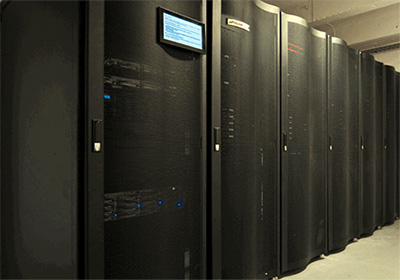Big data is not necessarily the Eldorado it's made out to be

At the current stage of the digital revolution, big data dominates the agenda of most companies.
It was the focus of discussions at the first Business Convention involving academics and industry players at HEC Paris on 24 and 25 November 2015—an opportunity to rethink the issues raised by this new movement and point out the risks of disappointment.
Yet there are a lot of comments to be made about the "big" in big data. When you look at what’s relevant in a big data set after applying a few filters, it's generally not big any more!
Companies are often concerned about large volumes of data because they collect them in raw form, which raises material problems of storage and networks. However, most of the time their uses are unknown and the "small" databases are poorly exploited.
Our research on machine learning applications in the fields of health, engineering and digital technology runs fairly contrary to the current doxa. Not on principle. We're not doubting the value and importance of big data, but we consider it more effective to start by working on the "small" stuff, that is, an entity's own, contextualized data
Technology bubble
The craze for big data has its roots in a limit. Faced with a slower rate of innovation in hardware, companies are relying on intelligence to find new drivers for growth. But they are running with the big data issue without always having a clear idea of what uses they might expect.
Above all, they're addressing it without really worrying about a review of their internal organization or their economic model. And yet these would be the first areas affected if their big data projects were to succeed.
The current enthusiasm could be just a bubble, or it could have a bulldozer effect and lead to some serious disillusions, particularly societal ones. The industrialization of services is accompanied by increasing robotization.
High-value-added activities for which highly skilled people are employed today could soon rely on robots, which would see staff numbers plummet from 100 employees to one—the one taking care of the robot!
In the finance sector, high frequency trading depends on robots programmed to make decisions at a rate of milliseconds. It’s the same in marketing, and sectors where data digitization makes the exchange of information more fluid. And it works. But if every industry starts having a go, what will become of human knowledge in the face of such powerful algorithms? The impact on society will be major, including in the structure of the labour market itself. Like unskilled labour before them, highly qualified jobs too are liable to be affected.
Promising developments
Big data may not be the Eldorado it’s made out to be, but there are areas in which it is particularly useful.
Health, for example. The body is a complex system, but some facets of human physiology could, to a large extent, be predictable.
